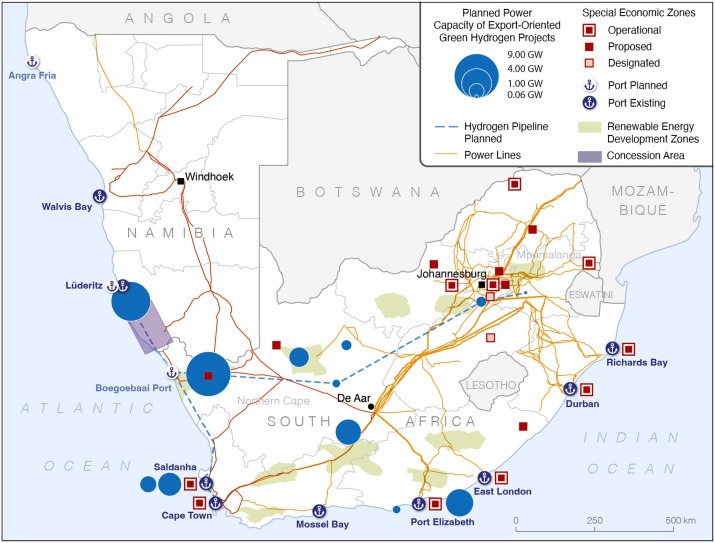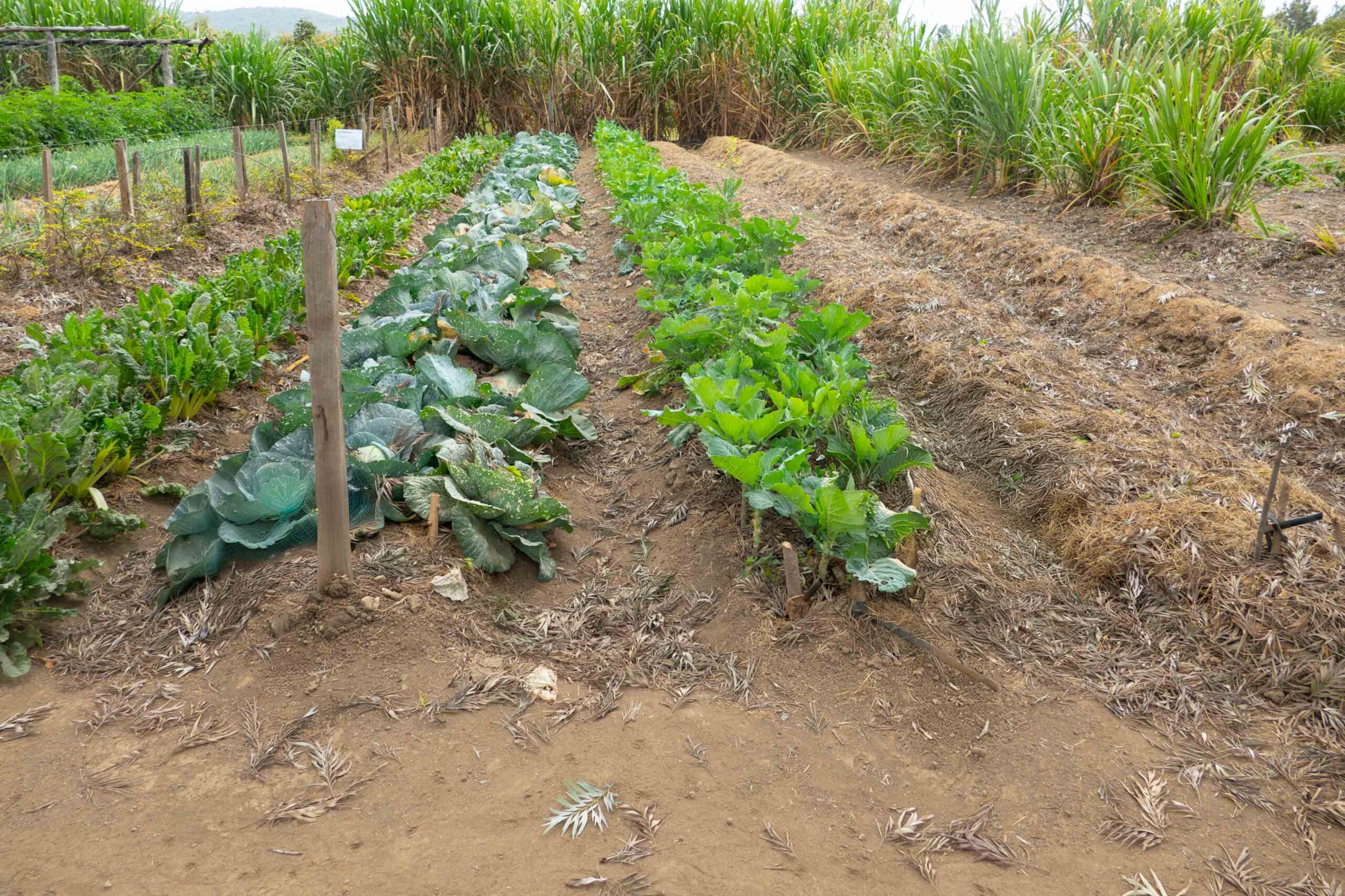Much of East Africa and especially the Horn of Africa is currently battling one of the worst desert locust swarm invasions yet to be witnessed. It is threatening food security and putting livelihoods of millions at risk. All efforts are further juxtaposed by current lockdowns and flight restrictions aimed at combatting the spread of corona virus (COVID-19). Particularly, delays in pesticide deliveries will further derail efforts to control the pest. While the global health pandemic is exerting pressure on healthcare systems, affected countries are looking at a dire future potentially plagued by food shortage.
The first wave of the desert locust is said to have been caused by wet weather and two rare cyclones in 2018 that affected East Africa and the Arabian Peninsula, causing heavy rains and a fertile ground for the locusts to breed freely and extensively. In 2019 activities to combat the spread of the locust invasion were deployed in Yemen and Somalia but the breeding still continued. By January 2020, the first and deadliest wave of the locust invasion experienced in 70 years in Kenya erupted. In Ethiopia and Somalia, the outbreak is the worst yet as experienced in 25 years. In the following weeks the invasion was also observed in northeastern Uganda and northern Tanzania. The desert locust multiply by 20 every three months and can easily consume 200 tons of vegetation per day.
While weather patterns enabling the breeding of the locusts might be barely predictable, proper surveillances and management system that offer preventive solutions to locust infestation could nip off the problem at its onset before an outbreak occurs. In our first podcast episode, CRC’s project B02 ‘Future Infections‘ principle investigator, Christian Borgemeister, discusses how African countries can prevent and manage the invasion of desert locust.
In the episode he explains the boom and burst cycle of locusts’ invasions which implies a substantial challenge for managing locusts. While management practices such as research, expertise, surveillance systems receive widespread attention and funding during phases of boom, times of little invasions little efforts to manage locusts are maintained marginalizing both research and preparatory measures. Moreover, volatile political situations present great challenges in accessing the recession areas where the locust start the swarm formation.
Borgemeister’s project team investigates the impact of social-ecological transformations and land-use changes on the dynamics of arthropod-transmitted infectious viral diseases in north-eastern Namibia and Kenya. Carrying the risk of catastrophic outbreaks, vector-borne diseases hold a large potential to shape future-making in rural Africa. Additionally, Borgemeister is also the Executive Director of Zentrum für Entwicklungsforschung (Center for Development Research).






